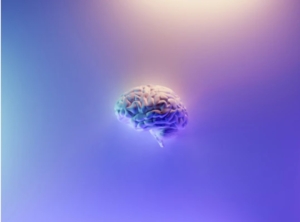A group of top scientists, engineers and CEOs of IT companies issued a statement warning of the dangers of AI to human existence. The brief statement reads: “Reducing the threat of extinction due to artificial intelligence must be a global priority alongside other societal threats such as pandemics and nuclear war.”
The statement has been signed among others by Google DeepMind CEO Demis Hassabis and OpenAI CEO Sam Altman. Also, artificial intelligence researchers Geoffrey Hinton and Yoshua Bengiokes, who received the 2018 Turing Award for their work in artificial intelligence.
Earlier this year group of top IT specialists called for a six-month hiatus to develop artificial intelligence. Some experts thought the statement overstated the threat posed by artificial intelligence, while others agreed with the risk but not the remedy suggested in the letter.
Dan Hendrycks, executive director of the Center for Artificial Intelligence Safety, described the latest statement as “coming out of the closet” by industry figures concerned about AI risk. “Even in the AI community, there’s a very common misconception that only a handful of people see a threat to the development of AI,” Hendrycks told The Times. “But actually a lot of people are privately expressing concern about these things.”
This discussion is based on hypothetical scenarios where the capabilities of artificial intelligence systems grow rapidly and no longer operate safely. Many experts point to the rapid improvement of systems such as large language models as evidence of future growth in predictive intelligence. They say that once AI systems reach a certain level of complexity, it may become impossible to control their actions.
Others doubt these predictions. They point to the inability of artificial intelligence systems to cope with even relatively mundane tasks such as driving. Despite years of effort and heavy investment in this area of research, fully self-driving cars are still far from reality. If AI can’t handle even this one challenge, skeptics say, what chance does the technology have in the next few years to rise to a level comparable to other human achievements?
Source: The Verge

